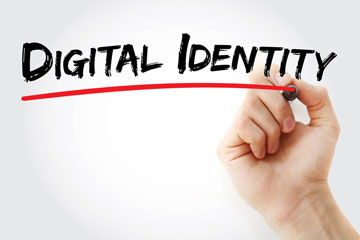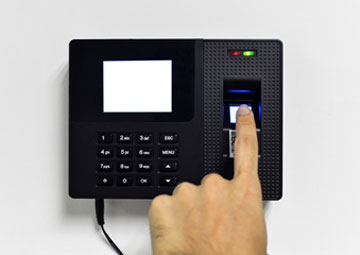 In this epoch, digitization has hit almost all areas, from banking to farming. This revolutionary process is very significant for all businesses because it can boost the economic activity and for efficient digitization organizations rely heavily on data conversion services. Now digital technology is also coming to the rescue of those people who don’t have a proper legal identity.
In this epoch, digitization has hit almost all areas, from banking to farming. This revolutionary process is very significant for all businesses because it can boost the economic activity and for efficient digitization organizations rely heavily on data conversion services. Now digital technology is also coming to the rescue of those people who don’t have a proper legal identity.
Digital technology is being harnessed to provide legal identity because the lack of secure identification is hindering the growth of e-commerce and the provision of public services online. According to the United Nations Development Programme (UNDP) report, an estimated 1.5 billion people in the world today lack “legal identity,” meaning they do not have access to identification documents such as birth certificates, national ID cards or passports, which means they cannot prove who they are. This results in limited access to even basic public services such as financial, education, healthcare services and so on.
A digital identity comprises electronically captured and stored identity attributes that uniquely describe a person within a given context and can be used for electronic transactions. Understanding the importance of digital legal identity, many countries have started to introduce comprehensive national identity schemes, which tackle the identity gap. For making digital identity records with today’s path-breaking technologies, biometric data is collected from citizens for more authentic and secured details. The advantages of providing a digital legal identity to those who don’t have one include the following:
- Providing identity assurance when handling e-commerce, online banking, trading and other transactions.
- Government entities can keep the nation, its people and its physical infrastructure secure.
- It can provide efficiency, including process reformation and automation, improved service delivery, better customer experiences, and reduced human error.
- New business models would enable them to reach new customers outside their existing core capabilities.
- This digital initiative helps to get rid of paper-based processes in any developing economy.
- Can help your organization prevent cybercrime and online fraud while providing a great customer experience.
- Identity verification enhances visitor security programs in a very customer-friendly and cost-efficient manner.
 For providing a legal identity, data is collected from people, which is then stored and transferred in the form of document files, PDF files, electronic forms, codes, mails, web-content etc. Yet, a considerable amount of data continues to mount up in the form of manually filled forms, written documents, letters etc. In such cases, we can use several methods can be used for data capture based upon the original source or form in which data is present. According to one’s need, organizations and businesses can determine the best way of carrying out data capture or otherwise rely on an experienced data entry outsourcing service provider. Some of the methods of data capture are manual data entry, paper or electronic file conversion to multiple formats, optical character recognition (OCR) scanning, intelligent character recognition (ICR) scanning, optical mark reading (OMR) scanning and high volume scanning.
For providing a legal identity, data is collected from people, which is then stored and transferred in the form of document files, PDF files, electronic forms, codes, mails, web-content etc. Yet, a considerable amount of data continues to mount up in the form of manually filled forms, written documents, letters etc. In such cases, we can use several methods can be used for data capture based upon the original source or form in which data is present. According to one’s need, organizations and businesses can determine the best way of carrying out data capture or otherwise rely on an experienced data entry outsourcing service provider. Some of the methods of data capture are manual data entry, paper or electronic file conversion to multiple formats, optical character recognition (OCR) scanning, intelligent character recognition (ICR) scanning, optical mark reading (OMR) scanning and high volume scanning.
However, taking into account all the potential challenges, both public and private stakeholders must work together to ensure that digital identity systems are effective, secure, comprehensive and trustworthy. Digital identity already braces many public and private sector interactions and transactions in both the real and virtual worlds in developing countries. A global survey conducted by Boston Consulting Group has found that digital identity systems create gains in efficiency and expediency that could save taxpayers up to $50 billion per year globally by 2020.
Take the case of India, which is currently transforming into a digital economy to improve their citizens’ livelihood and quality of life. The Indian government embarked on an ambitious project to enroll its 1.2 billion people in a digital identity system that would provide each person with a unique identity number (Aadhaar) to serve as a foundation for proof of identity and public service delivery. The Unique Identification Authority of India (UIDAI) was created to design and manage this process. Rather than hiring thousands of staff and creating public-sector infrastructure to undertake this enrolment itself, UIDAI decided to rely on third parties to collect resident’s data via outsourcing data entry with the goal of increasing efficiency and value for money. The identity details are not shared and are inaccessible to other public or private entities except with UIDAI. Their future goal is to connect this digital identity to numerous other public and private services through a variety of partnerships.



